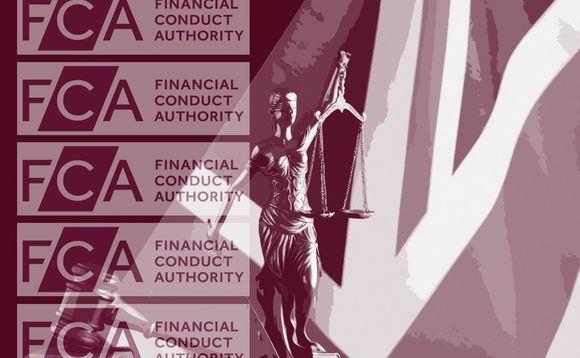Editor's View weekly column with Hope Coumbe
Trending now
Professional Adviser
Top stories
Countdown to pensions dashboard connection staging dates
But will schemes and providers be ready?
Compliance-focused adviser generation 'lost the human touch'
‘Now there's soft skills training but advisers naturally did it back then’
Advice firms face data challenges amid new regulation
Firms face challenges in collecting data and due diligence processes
Popular Topics
Most read
01
Compliance-focused adviser generation 'lost the human touch'
24 April 2024
•
2 min read
02
'Get started now': Putting AI to work in financial advice firms
24 April 2024
•
4 min read
03
Advice firms face data challenges amid new regulation
24 April 2024
•
1 min read
04
Quilter reports platform net inflows of £1bn in first quarter
24 April 2024
•
2 min read
05
Cognitive biases in advice and the psychology of insurance
25 April 2024
•
5 min read
06
Seven years is the 'magic number' for decumulation strategy
23 April 2024
•
1 min read
Become a member
Unlimited access to real-time news, industry insights and market intelligence




















